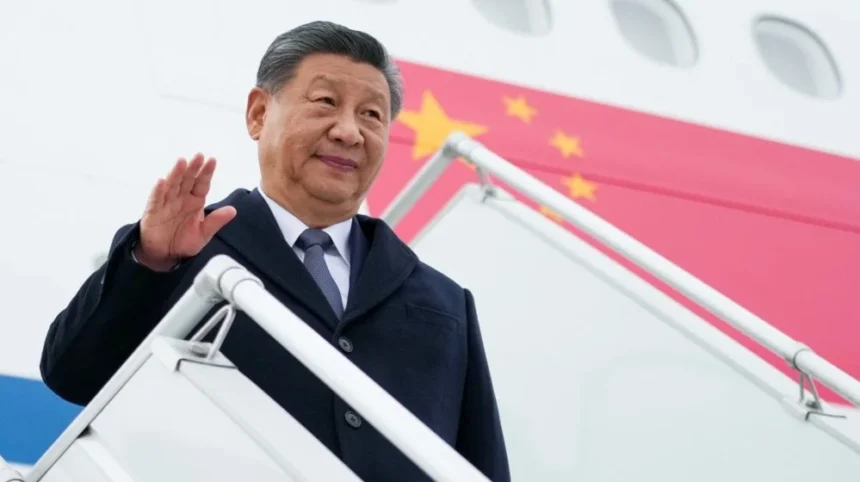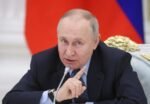Chinese President Xi Jinping will travel to Russia from May 7 to May 10, where he is expected to join Russian President Vladimir Putin in commemorating the 80th anniversary of the victory over Nazi Germany, the Kremlin confirmed today.
The visit comes at a critical moment for international diplomacy, as Russia continues its war in Ukraine and China walks a fine line between neutrality and open support. In its official statement, the Kremlin noted that Xi will also participate in high-level bilateral discussions focused on expanding the “global partnership and strategic interaction” between the two nations, as well as addressing “current international and regional issues.” The Kremlin added that the two sides are expected to sign a series of intergovernmental and ministerial agreements during Xi’s stay.
This highly symbolic visit coincides with President Putin’s proposal for a three-day ceasefire in Ukraine from May 8 to May 10, a gesture aimed, according to Moscow, at allowing the Victory Day celebrations to proceed peacefully. However, Ukrainian President Volodymyr Zelensky quickly dismissed the offer, stating late Friday evening that Kyiv would not “play along” with short-term truces that serve only as tactical pauses. He further noted that Ukraine could not guarantee the safety of international officials traveling to Moscow for the anniversary ceremonies, referencing concerns that any temporary truce could be easily manipulated.
Zelensky’s skepticism follows a similar proposed ceasefire during the Easter weekend in April, which Kyiv also viewed as insincere. Observers in Ukraine and abroad have interpreted the latest ceasefire proposal as a strategic maneuver by the Kremlin to shield its public events from disruption.
While Beijing maintains that it is a neutral party and potential mediator in the Ukraine conflict, China remains one of Russia’s most important political and economic allies. Western analysts and intelligence agencies have repeatedly accused Beijing of helping Moscow bypass sanctions and providing key technological components needed for Russian weapons production.
In April, President Zelensky went further, claiming that China had supplied arms to Russia, participated in weapons production on Russian soil, and even alleged that Chinese fighters were operating within Russian military units—accusations that Beijing has categorically denied, calling them baseless.
Nonetheless, Xi’s decision to attend the Victory Day commemorations in Moscow sends a powerful message about China’s continued alignment with Russia at a time when much of the Western world is ramping up pressure on both governments. The visit reinforces a shared narrative of strategic cooperation, historical solidarity, and resistance to what both countries portray as Western hegemony.







